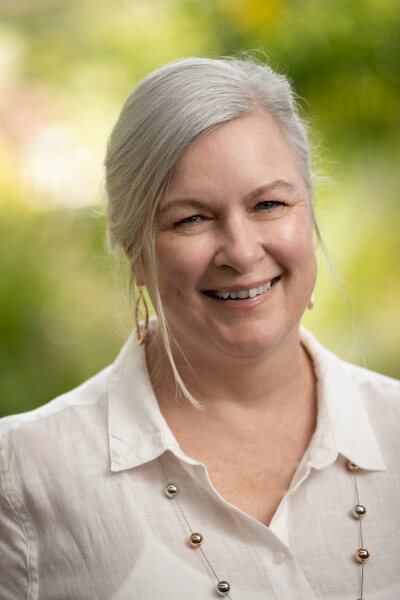Being too nice and suppressing your emotions are risk factors for breast cancer and breast cancer progression.
Here are 5 signs that you are at risk:
Donna* [not her real name] was shocked when at 59 she was diagnosed with breast cancer. She brought her 2 children singlehandedly while caring for her mother until her mother's death from cancer.
Donna ticked YES to all the above points. According to my science informed Quiz which gives you a Risk Rating for Cancer Recurrence Donna has highest Risk Rating.
Donna's life was not her own, but one lived caring for others. Her cancer diagnosis left her feeling she had lost control of her body and had no control over life.
She didn't know what to do and there was no one there for her.
Click here if YOU want to take the Quiz now.
[Donna* not her real name and her situation is a combination of circumstances of many women I have worked with over the years]
The Science Behind Risk of Breast Cancer Recurrence
The consequence of ignoring or suppressing our feelings and our needs is that your body goes into a stress response. We may or may not be conscious of this behaviour pattern, however the science tells us it compromises our immune system and increases inflammation in our bodies, both of which are risk factors for cancer and cancer progression.
Yet our families, society and our culture often reward these very behaviours that increase risk to our health. But rather than blaming yourself it's important to understand the bigger picture.
The good news is we can unlearn these behaviour patterns that contribute to risk of cancer progression, and I can help you makes these changes.
Click here to find out how.
Fast Forward Several Years After Donna's Breast Cancer Diagnosis
It is over 5 years since her breast cancer diagnosis and Donna no longer has anxiety attacks. She knows how to regulate herself and she can set healthy boundaries while still supporting others. Donna no longer feels guilty or selfish doing things for herself and can ask for help when she needs it. She enjoys a healthy relationship with a partner where she feels listened to and supported. Her cancer has not progressed. She is friendlier to herself and loves living her more authentic life.
Donna recognises that being unable to say no when she needed to, meant her body said it for her when she was diagnosed with cancer.
Being too nice and not expressing her emotions came at a huge cost.
Here are 4 key steps Donna took to reduce her risk of cancer progression. Steps that you can learn too.
These steps helped her shift from being too nice to others, to balancing being nice to others while still looking after herself and expressing her emotions in a healthy way thereby changing her Risk Rating for cancer progression.
Step 1 to Reduce Risk of Cancer Progression
Donna learnt how to set healthy boundaries and that it wasn't her fault she struggled with this.
Step 2 to Reduce Risk of Cancer Progression
By understanding her attachment style, in other words how she related to others, and why this influenced her adult behaviour of needing to be too nice and not to show her anger, meant Donna could address this pattern and recognise its origins in childhood without self-blame.
Step 3 to Reduce Risk of Cancer Progression
Learning to be less self-critical and kinder to herself, Donna developed key skills to protect herself against cancer progression.
Step 4 to Reduce Risk of Cancer Progression
Educating herself about the neuroscience behind the Mind-Body connection, gave Donna tools to bring her body into a state of calm and relaxation.
She now feels equipped to manage her stress and fears without being overwhelmed. Taking her body out of its stress response means Donna's body can focus on healing which it is naturally designed to do.
To find out more about what to do to reduce your risk of recurrence read my unique FREE Guide to learn about the steps YOU need to take,
click here.
Donna 5+ Years After Her Breast Cancer was Diagnosed
You Can Take Control of Your Risk of Cancer Recurrence
I have helped many women after a breast cancer diagnosis take the protective steps to buffer their risk of cancer progression and reduce their Risk Rating.
I have created a FREE GUIDE that includes my Quiz to help you understand your level of risk and what you can do to reduce it.
Click here to access your FREE GUIDE.
If you can relate to Donna's situation and want to:






